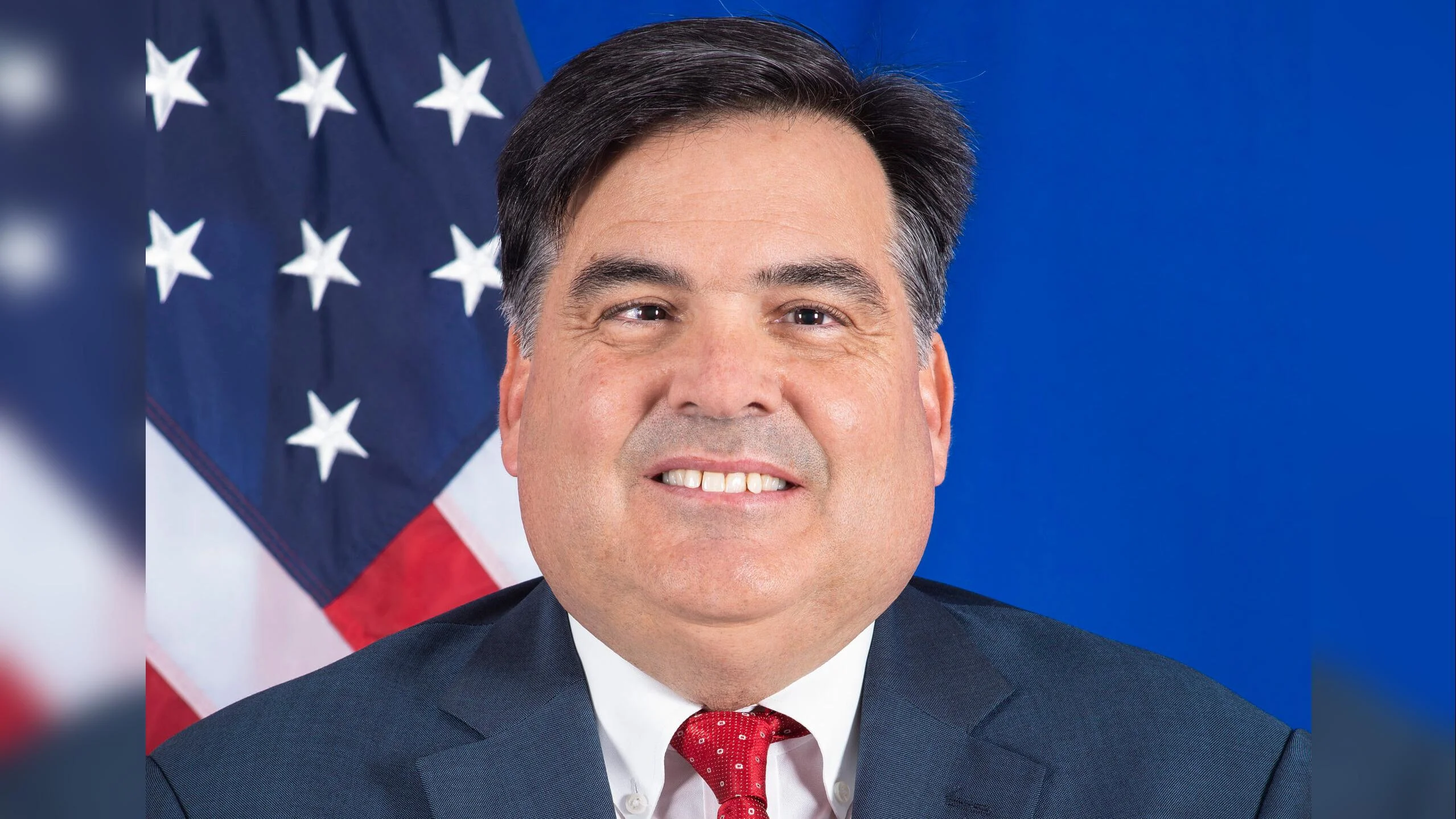Colombia and the United States have reiterated their commitment to joint efforts in combating drug trafficking, recognizing it as a shared responsibility that necessitates comprehensive policy responses. Colombian President Ivan Duque and U.S. Ambassador to Colombia Philip Goldberg led a preparatory meeting of the Counternarcotics Working Group in Bogota on June 23, where they reviewed the progress made in 2020 and pledged continued cooperation.
Despite the challenges posed by COVID-19, Colombia, with support from the U.S., achieved record levels of cocaine seizures and manual eradication last year. The discussions focused on a holistic approach to counternarcotics efforts, which includes programs aimed at increasing government control over territories, transitioning coca farmers to legal economic activities, enhancing citizen security, disrupting drug trafficking supply chains, increasing cocaine and cash seizures, continuing eradication efforts, arresting and extraditing drug kingpins, reducing money laundering activities, and strengthening asset forfeiture processes.
Both governments expressed strong backing for Colombia's "Zonas Futuro" initiative—a program designed to transform rural economies reliant on cocaine into ones based on legal alternatives through economic development, infrastructure improvements, security enhancements, and institutional strengthening.
The meeting also emphasized protecting rainforests from exploitation by criminal groups. Technical discussions were held regarding methodologies used to measure trends in cocaine production and coca cultivation to improve counternarcotics policies continuously.
Preparations are underway for the upcoming U.S.-Colombia High-Level Dialogue set to take place later this year in Bogota. This dialogue serves as the main forum for discussing various aspects of bilateral relations including economic opportunities; development; security; educational exchanges; environmental issues; democracy; governance; human rights; health; among others.
While both nations cooperate across multiple areas of mutual interest within their bilateral relationship framework, they reaffirmed their strong partnership specifically targeting counternarcotics efforts crucial for disrupting cocaine supply chains globally. Additionally, there is an acknowledgment of the need to reduce drug use and its adverse effects such as overdoses through effective prevention and treatment programs.

